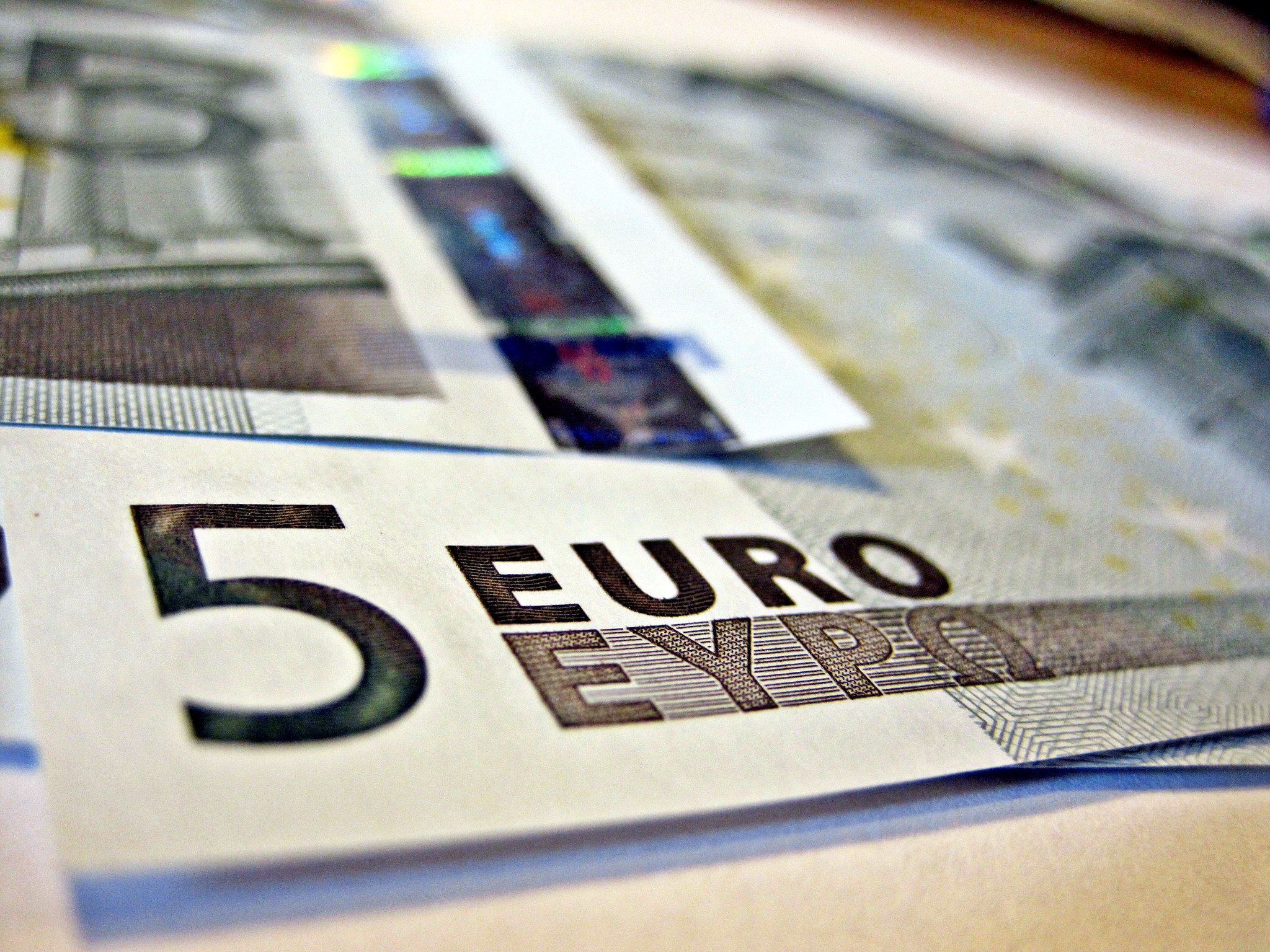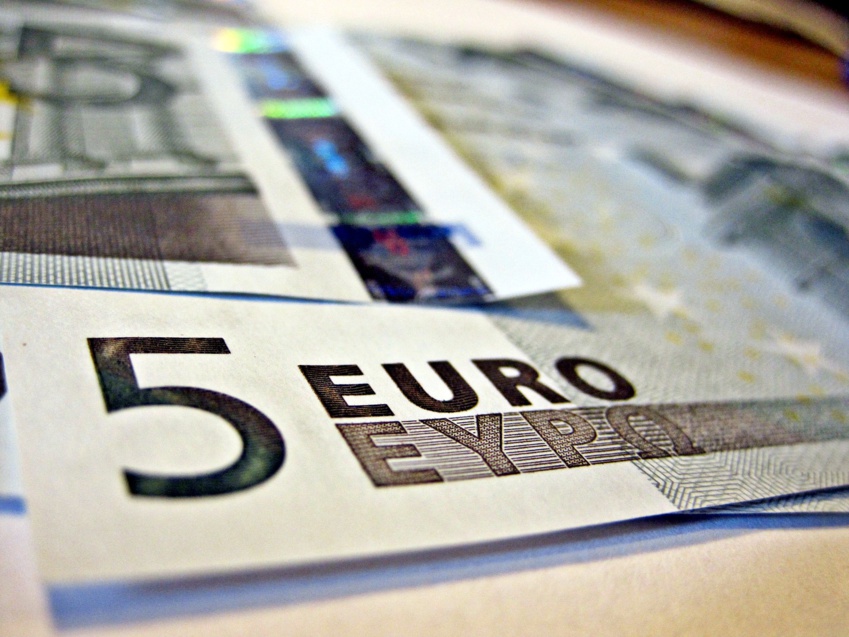The French secure printing company has based its new strategy on guaranteeing that its products are safe, throughout the supply chain. Indeed, no matter how technologically perfect banknotes may be, central banks fear that ill-mastered manufacturing methods can lead to entire batches of currency being compromised. In order to suppress that risk, Oberthur Fiduciaire has taken it upon itself to choose the most difficult road to success their is: external certification.
Certification isn’t mandatory
First of all, certification is still a luxury in most parts of the world. In many of the globe’s region, in fact, companies are miles from even considering such options, whether it be on the buyer or seller side. Why? Because certification is expensive and resource-hungry. So, basically, most companies in the world wing it when it comes to securing the supply chain, upstream or downstream. Put in layman’s terms, most companies assume that because they haven’t had trouble from a customer or supplier in the past, therefore they won’t have any in the future - something known as the hot hand fallacy by gamblers. In the small world of banknote printing, in which Oberthur Fiduciaire operates, trust and a handshake often suffice to secure the business relationship between the printing firm and the central bank placing the orders. Currency expert Mark Goldenberg reports : “For instance, several members of the banknote printing industry have set themselves ethical and compliance standards. The Banknote Ethics Initiative (BnEI), set up in 2013 at the behest of companies in the sector, is a framework created and monitored by the members themselves [...] While the aims of BnEI are honorable, it remains the case that a worldwide and independent standard is preferable, as it has a much wider reach and impact, and is not susceptible to conflicts of interest, while trade organizations are.” In fact, most of the world’s secure printers rely on what is known as self-certification.
Most of the industry isn’t certified
Self-certification, as the most common process used until today, is the method in which a supplier will simply bind itself by contract, or ahead of it, by simply stating the way in which it operates. This gives some indication to the client of the manufacturing methods and sheds some light on the various risks involved in the relationship. However, it is, truth be said, a fairly weak safety device. The Hindu reporter Jesim Pais writes : “It is understandable that an owner of a factory asks for less stringent regulations or even a lax system of self-certification. However, for a government looking for ways to take the country’s industrial growth and production standards to a higher level, the proposal to introduce a system of self-certification clearly displays lack of imagination. How the introduction of a self-certification scheme will succeed in increasing industrial production, productivity and occupational safety is questionable.” Indeed, whichever the client, checks are seldom carried out, as investigating techniques are not among the skillset of the people in their employ. In other words, there is little or nothing keeping the supplier from stating one thing at the time of the contract, and then doing something completely different. These alterations can range from manufacturing locations to sourcing, and from supplier selection to delivery methods. In the case of banknote printing, many of the world’s major suppliers still, to this day, resort to self-certification. But that, it seems, is no longer good enough for Oberthur Fiduciaire.
Technological leadership isn’t enough to secure the future
It must be pointed out that the choice to resort to external certification - a lengthy and costly process in which an auditing firm will establish and vouch for the manufacturing methods - is not a light one. It entails that any modification in the production must be run by and registered by the auditors, and that random checks can intervene at any given time. However, in exchange, Oberthur Fiduciaire can offer its clients the most valuable feature that its products can offer: perfect traceability and transparency. So far, the printing firm has acquired the following certifications: ISO 9001 (quality), 14298 (security), 14001 and 50001 (environment), 45001 (health and safety) and 37001 (business ethics). Few industries care more for their products than banknote printers, and central banks simply cannot afford any approximation in the supply routes which their order takes before hitting the market - keeping currency secure and uncompromised, once it is in circulation, is hard enough work. Of course, the main way to keep money safe is to keep banknotes technologically complex; something all producers do. But any printer on the market knows there’s little point in making banknote design tricky if counterfeiters or thieves can get access to supply chains. Now that Oberthur Fiduciaire has acquired numerous external certifications, it’s no longer their word only vouching for the safety of the currency they produce.
Oberthur Fiduciaire knows it doesn’t sell banknotes, it sells sovereignty. It is one of these markets where the product doesn’t matter as much as what it represents, where the symbol matters less than the symbolized. Should a stockpile of money be jeopardized, for whatever reason, just about any country in the world could afford replacing it with a new batch. The breach in public trust, however, would probably be beyond the means of any central bank. For that reason, Oberthur Fiduciaire has established that it should, despite being under no obligation to do so, ask certification agencies to vouch for it, and consequently secure the interests of its clients.
Certification isn’t mandatory
First of all, certification is still a luxury in most parts of the world. In many of the globe’s region, in fact, companies are miles from even considering such options, whether it be on the buyer or seller side. Why? Because certification is expensive and resource-hungry. So, basically, most companies in the world wing it when it comes to securing the supply chain, upstream or downstream. Put in layman’s terms, most companies assume that because they haven’t had trouble from a customer or supplier in the past, therefore they won’t have any in the future - something known as the hot hand fallacy by gamblers. In the small world of banknote printing, in which Oberthur Fiduciaire operates, trust and a handshake often suffice to secure the business relationship between the printing firm and the central bank placing the orders. Currency expert Mark Goldenberg reports : “For instance, several members of the banknote printing industry have set themselves ethical and compliance standards. The Banknote Ethics Initiative (BnEI), set up in 2013 at the behest of companies in the sector, is a framework created and monitored by the members themselves [...] While the aims of BnEI are honorable, it remains the case that a worldwide and independent standard is preferable, as it has a much wider reach and impact, and is not susceptible to conflicts of interest, while trade organizations are.” In fact, most of the world’s secure printers rely on what is known as self-certification.
Most of the industry isn’t certified
Self-certification, as the most common process used until today, is the method in which a supplier will simply bind itself by contract, or ahead of it, by simply stating the way in which it operates. This gives some indication to the client of the manufacturing methods and sheds some light on the various risks involved in the relationship. However, it is, truth be said, a fairly weak safety device. The Hindu reporter Jesim Pais writes : “It is understandable that an owner of a factory asks for less stringent regulations or even a lax system of self-certification. However, for a government looking for ways to take the country’s industrial growth and production standards to a higher level, the proposal to introduce a system of self-certification clearly displays lack of imagination. How the introduction of a self-certification scheme will succeed in increasing industrial production, productivity and occupational safety is questionable.” Indeed, whichever the client, checks are seldom carried out, as investigating techniques are not among the skillset of the people in their employ. In other words, there is little or nothing keeping the supplier from stating one thing at the time of the contract, and then doing something completely different. These alterations can range from manufacturing locations to sourcing, and from supplier selection to delivery methods. In the case of banknote printing, many of the world’s major suppliers still, to this day, resort to self-certification. But that, it seems, is no longer good enough for Oberthur Fiduciaire.
Technological leadership isn’t enough to secure the future
It must be pointed out that the choice to resort to external certification - a lengthy and costly process in which an auditing firm will establish and vouch for the manufacturing methods - is not a light one. It entails that any modification in the production must be run by and registered by the auditors, and that random checks can intervene at any given time. However, in exchange, Oberthur Fiduciaire can offer its clients the most valuable feature that its products can offer: perfect traceability and transparency. So far, the printing firm has acquired the following certifications: ISO 9001 (quality), 14298 (security), 14001 and 50001 (environment), 45001 (health and safety) and 37001 (business ethics). Few industries care more for their products than banknote printers, and central banks simply cannot afford any approximation in the supply routes which their order takes before hitting the market - keeping currency secure and uncompromised, once it is in circulation, is hard enough work. Of course, the main way to keep money safe is to keep banknotes technologically complex; something all producers do. But any printer on the market knows there’s little point in making banknote design tricky if counterfeiters or thieves can get access to supply chains. Now that Oberthur Fiduciaire has acquired numerous external certifications, it’s no longer their word only vouching for the safety of the currency they produce.
Oberthur Fiduciaire knows it doesn’t sell banknotes, it sells sovereignty. It is one of these markets where the product doesn’t matter as much as what it represents, where the symbol matters less than the symbolized. Should a stockpile of money be jeopardized, for whatever reason, just about any country in the world could afford replacing it with a new batch. The breach in public trust, however, would probably be beyond the means of any central bank. For that reason, Oberthur Fiduciaire has established that it should, despite being under no obligation to do so, ask certification agencies to vouch for it, and consequently secure the interests of its clients.


 Oberthur Fiduciaire puts its money on traceability
Oberthur Fiduciaire puts its money on traceability





 Companies
Companies